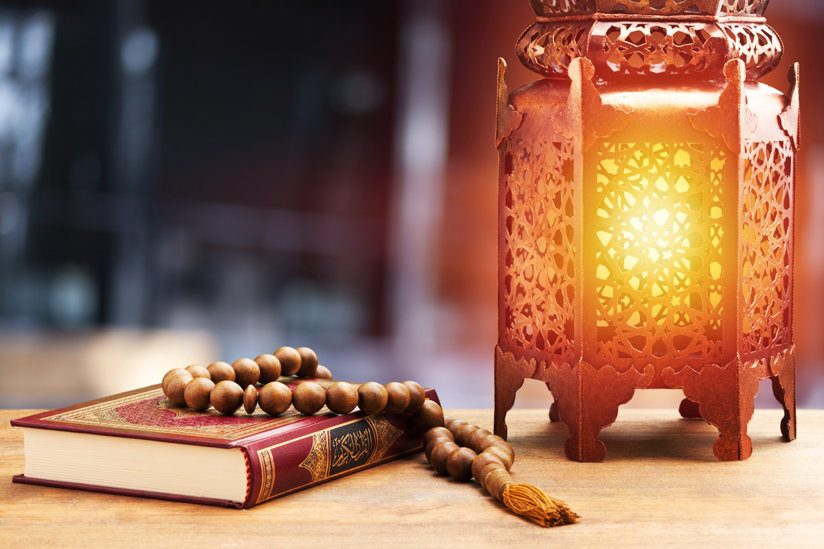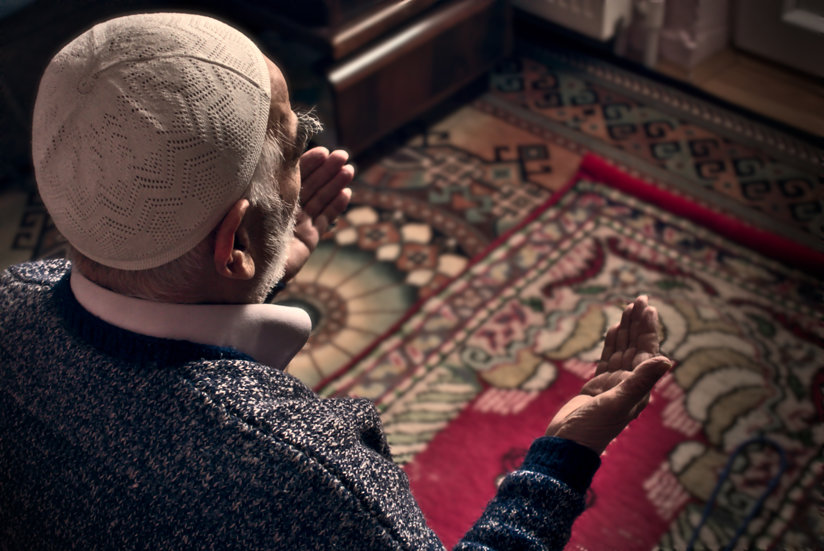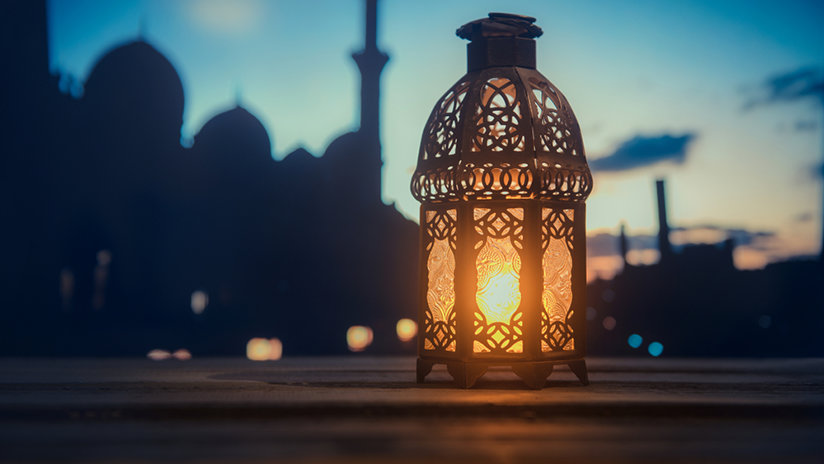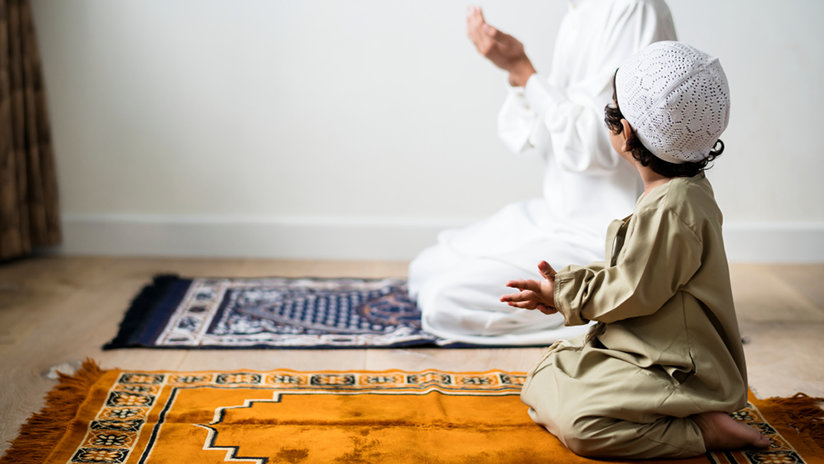
-
HOME
-
WHAT IS STANDOur Mission Our Values Our Help Contact
-
WHAT WE FIGHT FORReligious Freedom Religious Literacy Equality & Human Rights Inclusion & Respect Free Speech Responsible Journalism Corporate Accountability
-
RESOURCESExpert Studies Landmark Decisions White Papers FAQs David Miscavige Religious Freedom Resource Center Freedom of Religion & Human Rights Topic Index Priest-Penitent Privilege Islamophobia
-
HATE MONITORBiased Media Propagandists Hatemongers False Experts Hate Monitor Blog
-
NEWSROOMNews Media Watch Videos Blog
-
TAKE ACTIONCombat Hate & Discrimination Champion Freedom of Religion Demand Accountability
Ramadan: 30 Days to Make Room for the Soul
We live in the Age of Accumulation. Too often the keynote of success is how many marbles one has at the end of life. Too often the question is not what will one do with what one has, but how much can one get. Too often the self outweighs the community in its needs, and one shuts one’s doors out of suspicion or fear of others.

As technological marvels crowd out spiritual miracles, the fashionable way to connect with The Infinite is no longer prayer but “manifesting”—a New Age method of getting what one wants by thinking the right, positive thoughts. No humble thanks for what one has been given. No acknowledgment of a higher Cause or Supreme Being, no care for the help one is capable of bestowing. The voice of the soul is out-shouted by the cravings of the flesh, and the concept of an all-merciful, all-powerful divine presence is replaced by a sort of cosmic butler for whom one simply rings a bell.
Over a billion Muslims the world over observe the 30 days of Ramadan.
Ramadan, the Muslim period of fasting and prayer observed this month, affords the soul some breathing room and allows it the space and time to stretch itself and make itself known.
Over a billion Muslims the world over observe the 30 days of Ramadan, during which no food or beverage is consumed from dawn to sunset of each day, nor any pleasures of the flesh engaged in. At night the fast is broken, but praying and acknowledgment of that which is holy—charity, kindness, mercy—continue.
Ramadan commemorates the final divine revelation of Allah to the prophet Muhammad. It is said that during this month the human capacity for good deeds and the love of others increases and because of this, the first 10 days of Ramadan are Mercy, the second 10 are Forgiveness and, during the final 10 days, the gates of Paradise swing open and welcome the righteous in heart.

Muslims will tell you that daily fasting and prayer is not a hardship. Rather, by spending day after day with an empty belly, one’s eyes are opened to the needs of others who may not be so fortunate. By ignoring our own need for satiety for a time, we notice the people around us, our brotherhood with them and the universe, and our generosity and mercy towards others increases.
Food and drink are not the only items put on the shelf during the daylight hours of Ramadan. One also “fasts” from impure thoughts or deeds, from falsehood and pretense. So the month is for everyone. And those who are too aged or infirm to abstain from food or drink may fulfill their obligation by providing sustenance to others who are without it.
Maya Angelou wrote, “While I know myself as a creation of God, I am also obligated to realize and remember that everyone else and everything else are also God’s creation.”
By making room for the needs of the spirit, the 30 days of Ramadan help us realize and remember that we are all children of God. And we are all deserving of grace.









